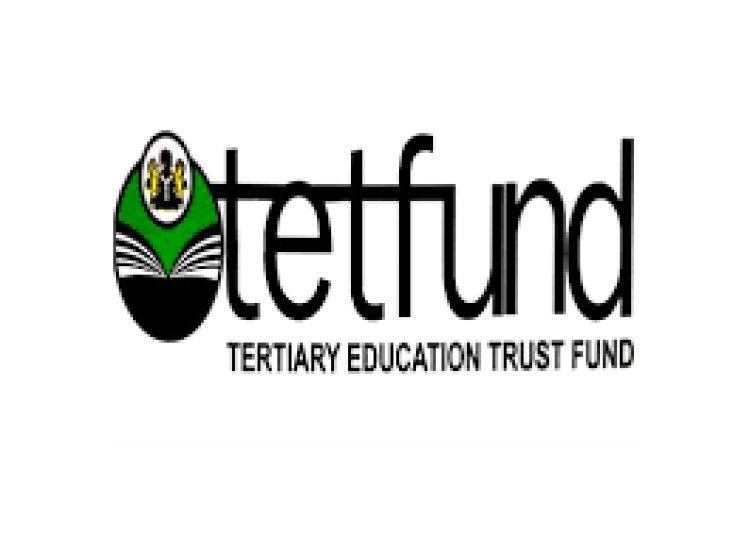Nigerian Lecturers Abroad Seek TETFund Assistance Amidst Foreign Exchange Fluctuations

Several Nigerian lecturers studying at foreign institutions under the Tertiary Education Trust Fund (TETFund) Scholarship for Academic Staff (TSAS) have reached out to TETFund for financial support to address shortfalls in their living expenses caused by the unpredictable fluctuations in foreign exchange rates.
TETFund has acknowledged receiving appeals for assistance from scholars in Malaysia, India, and Kenya. Some of these scholars have also written to the Minister of Education and TETFund, requesting intervention to help them complete their studies abroad.
Abdulmumin Oniyangi, the Acting Director of Public Affairs at TETFund, released a statement on Thursday confirming the situation. He stated that Arc. Sonny Echono, the Executive Secretary of TETFund, has expressed his commitment to addressing the concerns raised by these scholars and other stakeholders regarding the challenges faced by Nigerian lecturers studying abroad with TETFund scholarships.
Oniyangi explained the history of the scholarship program, which initially involved TETFund disbursing both tuition fees and living expenses directly to the scholars' employers, the Beneficiary Institutions. These institutions were responsible for maintaining approved training costs in domiciliary accounts and disbursing tuition fees to foreign institutions while transferring living expenses to scholars' foreign accounts upon receiving academic progress reports.
However, due to complaints and non-compliance by Beneficiary Institutions, the disbursement process was revised in August 2019. Tuition fees were paid directly to foreign training institutions to mitigate exchange rate fluctuations, while living expenses were still disbursed to Beneficiary Institutions for retention in domiciliary accounts before transferring to scholars. This change aimed to protect the scholarship agreements signed with employers.
Despite the requirement for domiciliary accounts, some Beneficiary Institutions continued to hold funds in local currency. This practice left scholars vulnerable to foreign exchange rate volatility.
To address this issue, TETFund began directly paying living expenses to scholars starting in 2022, with the Fund bearing the burden of exchange rate variations. Additionally, TETFund signed Memoranda of Understanding with certain foreign institutions to ensure the well-being of its scholars and the smooth continuation of academic activities.
TETFund recognized that scholars from institutions that failed to open domiciliary accounts were most affected by the current situation. The Fund decided not to penalize the scholars for their institutions' non-compliance, and they are currently calculating the shortfalls in living expenses to be paid directly to eligible scholars and subsequently recovered from affected Beneficiary Institutions' allocations
Furthermore, given the rising cost of living in foreign countries, TETFund proposed an increase in living expense rates for scholars effective from the 2023/2024 Academic year.
To address scholars' concerns, TETFund's Executive Secretary, Sonny Echono, held a virtual meeting with the affected scholars, and management decisions to resolve the issue have been communicated.
TETFund expressed gratitude to stakeholders, including the media, for their concern and assured everyone that the Nigerian President, Bola Ahmed Tinubu, is attentive to the scholars' plight and has directed a swift resolution of the matter. The Fund reiterated its commitment to implementing the Academic Staff Training program with responsibility, transparency, and accountability.





